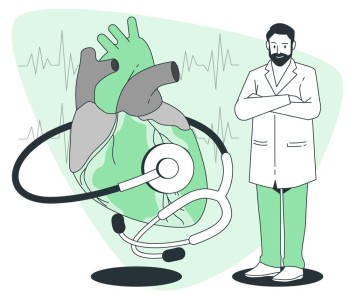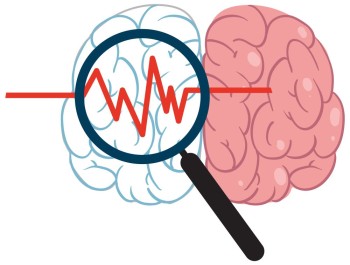
₹10,400
₹13,000
A Prostate MRI (Magnetic Resonance Imaging) scan is an advanced diagnostic procedure designed to assess the prostate gland in detail.
Category:
MRI Scan



